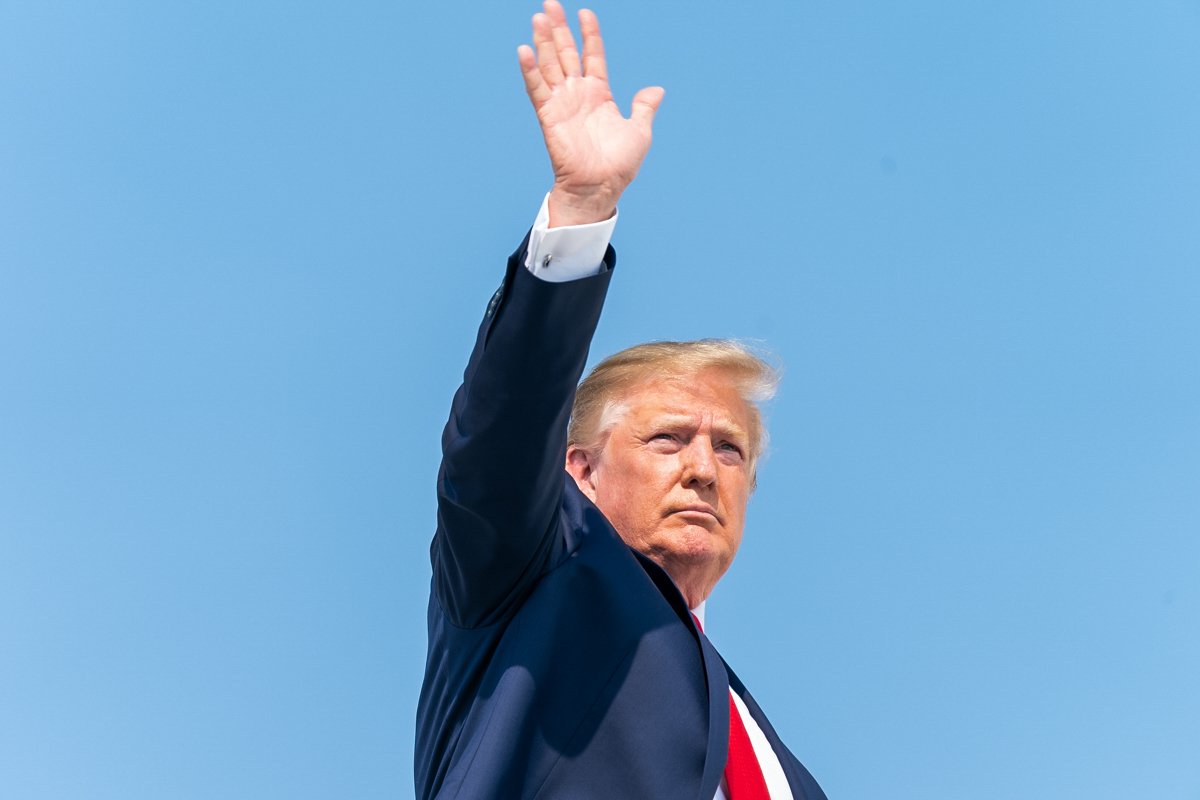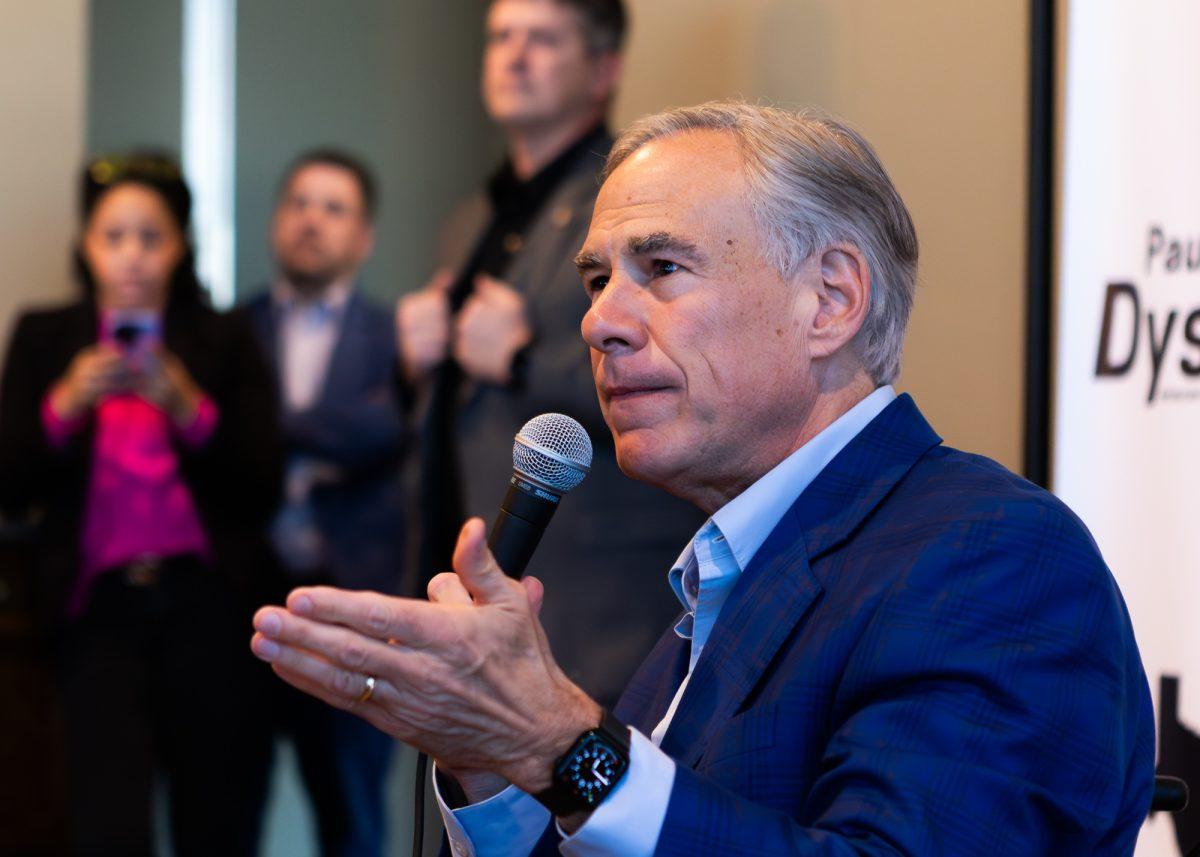Public impeachment hearings are set to continue this week and next, with potentially damaging testimony against Donald Trump and his alleged abuse of office.
Much information has been acquired since the House of Representatives launched a formal impeachment inquiry into President Trump. Those who have testified have largely corroborated the whistleblower complaint that Trump used his office for personal and political gain.
According to Politico, Lt. Col. Alexander Vindman, a member of the National Security Council who listened in on the July 25 phone call, testified that he was so disturbed by the contents of the call he immediately reported it to White House lawyer John Eisenberg. Eisenberg then ordered the transcript of the call to be moved to a highly classified server and ordered Vindman to remain quiet about his concerns.
According to the New York Times, former National Security Advisor John Bolton made it known through an attorney that he has information that has not yet been investigated by the House and is willing to testify pending a lawsuit he joined, asking a judge to rule whether or not he is allowed to testify. The White House has continuously argued no crimes were broken in the President’s actions and he thus has no reason to cooperate with the impeachment probe.
Professor of law at Texas A&M University School of Law Lynne H. Rambo said since impeachment is a political process, it is not necessary for a crime to have been committed; thus, the process does not include due process rights like those found in criminal trials, such as facing your accuser —in this case, the whistleblower.
“The provision of the Constitution that allows for impeachment… is aimed largely at crimes,” Rambo said. “But, it also includes egregious violations of the public trust in terms of abuse of power. I do believe… the story [the witnesses] are telling is very much akin to extortion. As a result, I think that provides a complete and robust basis for impeachment.”
Benjamin Ogden, an assistant professor of political science, said the White House could have made a calculated decision that damaging information may be better contained by stonewalling Congress instead of cooperating.
“Impeachment is purely political … [impeachment and removal] will be a question of whether voters are so in support of removing the President that even his co-partisans are going to vote him out,” Ogden said. “Impeachment will happen… At this point, it’s just about limiting damage against the White House. The White House goal needs to be to limit tail-end risk of information sufficiently damaging that it even swings Republicans [against the President].”
Rambo said it is clear the Constitution allows for Trump to be prosecuted for any crimes that may have been committed once his term is over, regardless of whether or not he is acquitted in the Senate.
“He’s certainly subject to prosecution once he leaves office, the Constitution makes that explicit,” Rambo said. “There’s no real suggestion that he’s immune from criminal prosecution just because he [may be] acquitted.”
Despite that possibility, Ogden said officials may be wary of prosecuting Trump when he’s out of office to avoid breaking the norm of political prosecutions.
“He is legally open to charges, but politically, I think it’s important that we keep the norm … of not prosecuting people on the basis of political issues,” Ogden said of a possible extortion charge. “The moment it breaks down, we’re going to have both parties [prosecuting each other] all the time.”
Brittany Perry, an instructional assistant professor of political science, said since there seems to be no pressing national security issue at play, the White House is breaking the precedent set by United States v. Nixon, which ordered President Richard Nixon to hand over tape recordings to Congress and ultimately led to his resignation.
“There is no need to be invoking executive privilege and therefore the public and Congress has the right to this information,” Perry said. “Following in line with [United States v. Nixon], that would be what we expect.”
Jon Bond, a professor of political science, said executive privilege has been abused under the Trump Administration, and Congress’ lack of enforcement power prevents them from enforcing subpoenas and forcing members of Trump’s circle to appear before Congress.
“The arguments that the Trump White House have made about executive privilege is just absurd and courts have said that in response to some of the things they have argued for,” Bond said. “Congress has the power to subpoena and do investigations, but they really don’t have much power to enforce it.”
Although there is a jail in the basement of the Capitol and those who refuse to testify in front of Congress can technically be arrested, Bond said that won’t happen to anyone who defies subpoenas.
“Historically, they can send the Sergeant at Arms to arrest the person… but basically Congress has to rely on the Justice Department to enforce the subpoena,” Bond said. “The Justice Department, however, seems to have been completely corrupted by Trump. What it looks like [Congress will do] is take the ignored subpoenas as evidence of obstruction of justice and as one of the articles of impeachment.”
With the public hearings set to continue, Rambo said she expects the testimony to be a public rehash of what was said in the private depositions.
“This is what prosecutors do all the time,” Rambo said. “They interview a bunch of people, pick who goes in front of the grand jury and present it in a particular order that tends to lead the grand jury in one direction. We are about to see the grand jury proceeding in public.”
Although we are entering the public phase, Perry said she doesn’t anticipate many people changing their minds against the side they support.
“It will certainly give some more legitimacy to the process which sends a strong signal to the public,” Perry said. “… The fact that this is going public, is it going to change anyone’s minds? The answer is no. The people who support Trump will not be swayed away from him and those who support impeachment will not be convinced to back down.”
Although Trump is facing likely impeachment from the House, Rambo said Trump will benefit if he is acquitted by the Senate, and even in times of great crises such as these, Congress hasn’t risen above partisan conflicts.
“I think he is going to benefit if he’s acquitted, it feeds into his [persona as an] anti-establishment hero,” Rambo said. “I think it safe to assume it will help his reelection efforts. … I just wish for this to be a nonpartisan moment.”
Public impeachment hearings set to continue as testimony backs up whistleblower’s claims
November 14, 2019
0
Donate to The Battalion
$0
$5000
Contributed
Our Goal
Your donation will support the student journalists of Texas A&M University - College Station. Your contribution will allow us to purchase equipment and cover our annual website hosting costs, in addition to paying freelance staffers for their work, travel costs for coverage and more!
More to Discover









